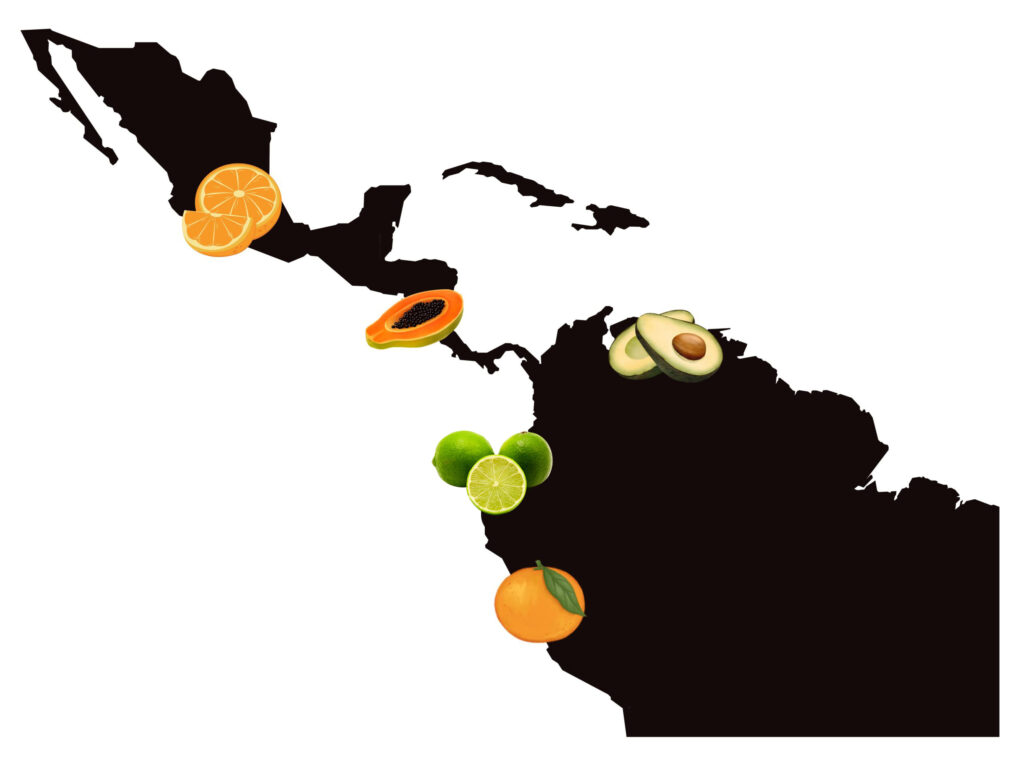The demand for organic and plant-based foods in the US market is on a rapid rise, driving a significant shift in consumer preferences. These dietary choices are not just trends; they are transforming the way we approach nutrition and overall well-being. With an increasing awareness of the importance of sustainable and healthy eating habits, more people are turning towards organic and plant-based options.
The Rising Demand for Organic and Plant-Based Foods in the US Market
The US market has seen a significant rush in the demand for organic and plant-based foods in recent years. Consumers are increasingly conscious of the detrimental effects of processed and chemically-laden foods on their health. They are now seeking alternatives that are free from harmful chemicals and promote overall well-being.
Organic food, in particular, have gained immense popularity due to their cultivation methods that exclude artificial fertilizers, pesticides, and genetically modified organisms. This natural approach ensures that the produce is not only healthier but also richer in nutrients and antioxidants. It’s no wonder that organic food sales have experienced double-digit growth in recent years.
Similarly, plant-based foods have taken the market by storm, attracting health-conscious individuals and those looking to embrace a more ethical approach to eating. With plant-based diets being linked to lowered risk of chronic diseases, weight management, and improved overall health, it’s no surprise that plant-based options have become increasingly sought after.
Tapping into the Health Benefits of Organic Food and Plant-Based Eating Habits
Organic and plant-based foods offer a plethora of health benefits that contribute to a better quality of life. For starters, these foods are typically lower in saturated fats and cholesterol, making them heart-healthy choices. Moreover, they are rich in fiber, which helps digestion and supports healthy weight management.
Organic farming practices minimize the use of synthetic chemicals, reducing soil and water pollution. By opting for organic foods, consumers actively support sustainable agriculture and the preservation of biodiversity.
Similarly, the adoption of plant-based diets has a significantly lower carbon footprint compared to traditional meat-focused diets. Raising livestock for meat production contributes to deforestation, water pollution, and greenhouse gas emissions. By shifting towards plant-based options, individuals can mitigate their carbon footprint and contribute to a more sustainable future.
The Future of the US Market: Embracing a Plant-Powered Revolution
As the demand for organic and plant-based foods continues to soar, the future of the US market is undoubtedly plant-powered. With the support of research and advancements in food technology, the availability and variety of organic and plant-based options will only expand.
We are experiencing a revolution in the way we view and approach food. Consumers are becoming more conscious of the impact of their choices on personal health and the planet. Embracing a plant-powered revolution will not only lead to a healthier population, but also a sustainable future for generations to come.
In conclusion, the rising demand for organic and plant-based foods in the US market is driven by an increasing awareness of their health benefits and environmental impact. By choosing these options, individuals can improve their well-being and contribute to a more sustainable and ethical future. To learn more about how MARABELLA supports this plant-powered revolution, contact us today.







